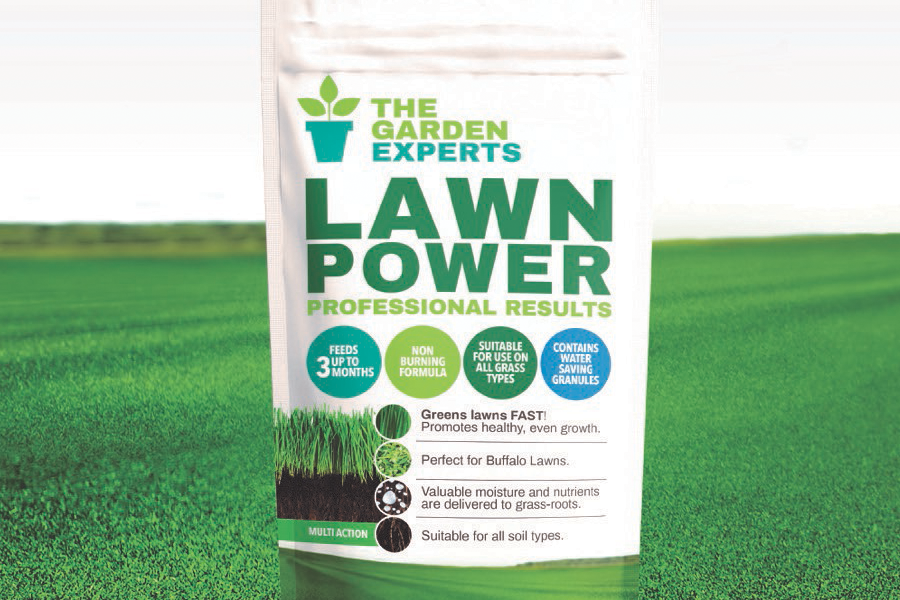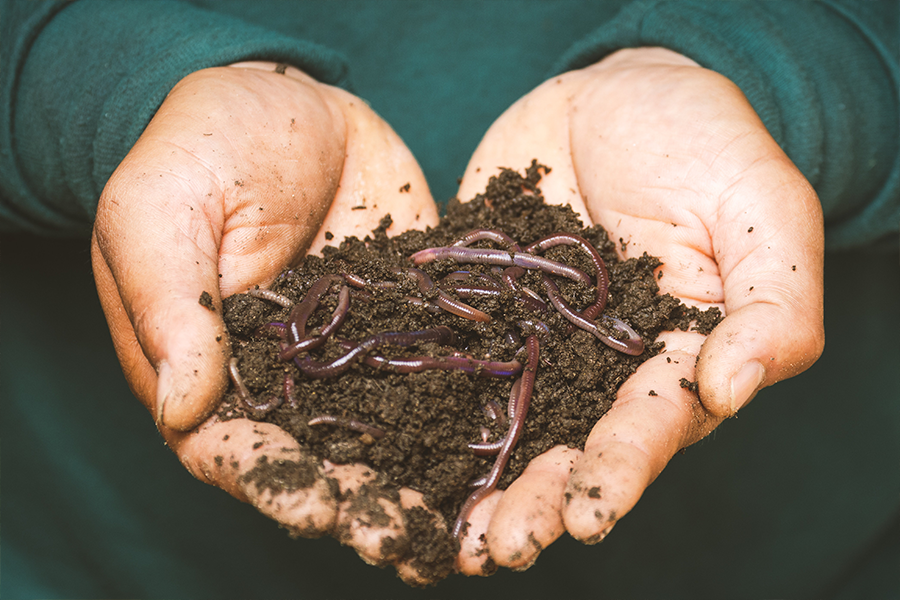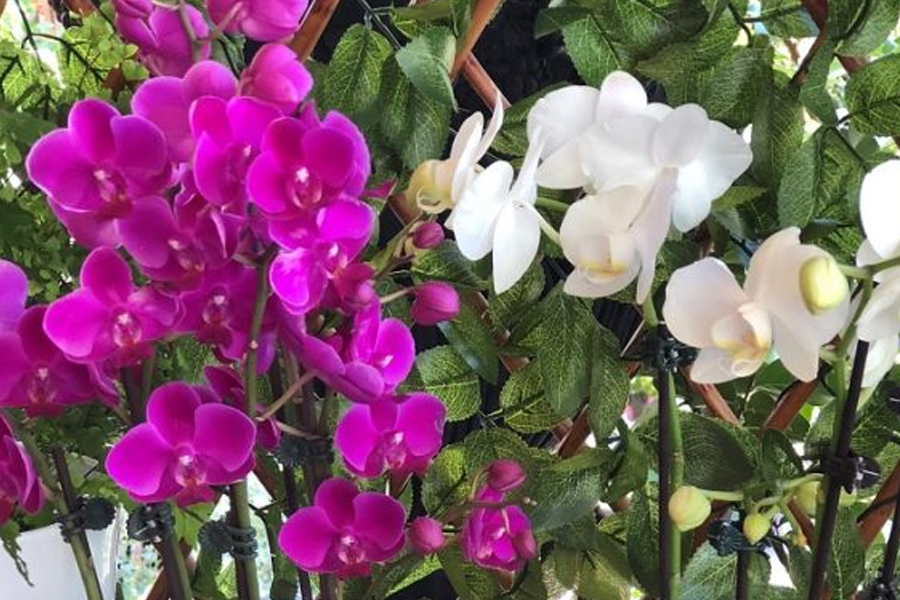by IGC Admin
Share
by IGC Admin
Share
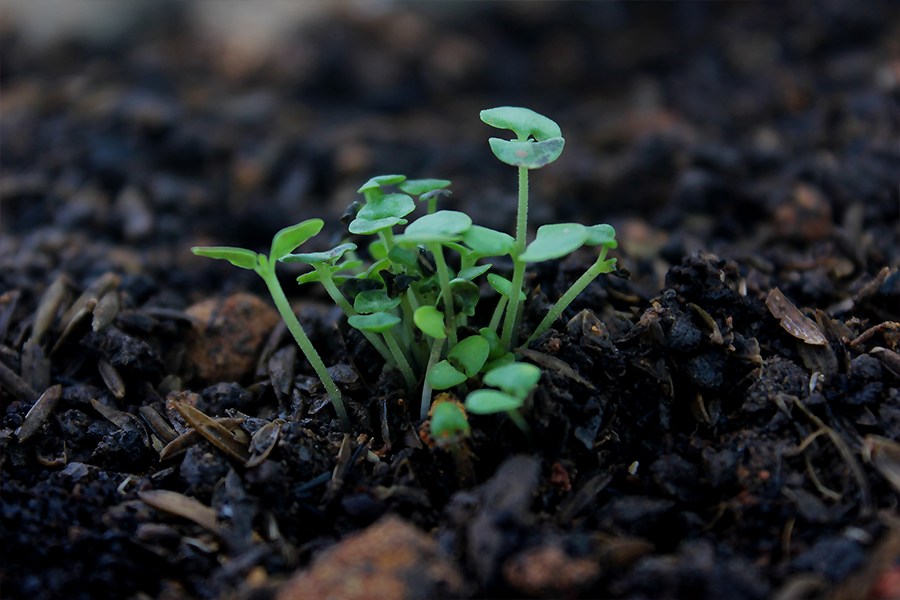
Most of the organisms that make up this life are too small to see without a microscope, but they play an essential role in the life-cycle of the earth.
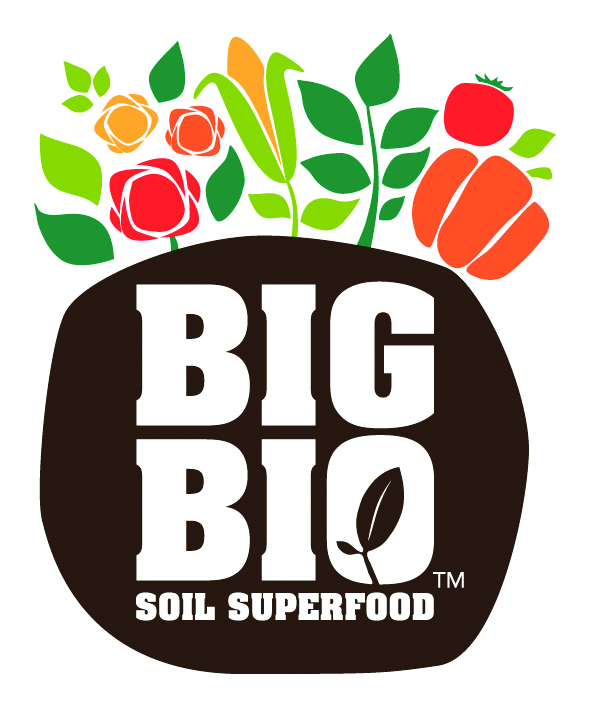
They perform many different jobs, including decomposing organic waste, aiding digestion in humans and animals, fixing atmospheric nitrogen and much, much more. Without microbes, there would be no human life.
Just one of the ways we rely on microbes is in the growing of our food. Microbes convert nutrients, like nitrogen, phosphorous and potassium, into a plant available form. Without microbes, the nutrients and elements become “locked up” in the soil, and don’t aid the plant in any way. A microbe rich soil leads to better water retention, meaning higher plant survival through our hot Australian summers. Microbes also aid a plant’s natural immune system, making them more resistant to disease.
So, its pretty clear that microbes are important, the question is how can you get more of them in your soil?
Nature’s fertiliser comes from the humble earth worm. These little garden heroes consume organic material, and excrete a microbe rich material called worm castings. Castings are teeming with microbial life, and although technically it is worm poo, it’s the best thing for your garden. Worm liquid, also referred to as worm wee, worm tea or vermiliquor, is also an excellent source of microbes. Contrary to popular belief, this liquid is not worm wee. This liquid is primarily water, which has soaked through the bed from irrigation, collecting microbes and nutrients on its way through the worm farm. It’s essentially been “seeping” up the microbes from the castings in the bed, like a well brewed cup of tea.
Applying worm derived products to your garden will mean that other nutrients you apply will be more accessible to the plants. Over time, it will also attract worms into your garden, and a happy garden is a worm-filled garden!
Want to see Australia’s largest urban worm farm in action? Check out www.circularfood.com to organize a site tour and read more about worm farming.
Our very own slow release fertiliser that provides all the essential nutrients for most plants.
What's worse than finding a worm in your apple? Finding half a worm...
A Living Gift provides many weeks or months of flowering beauty and is fantastic value for money.

